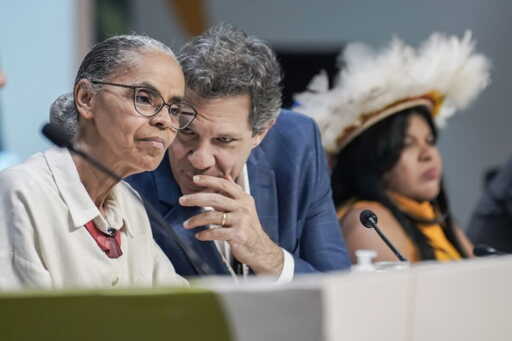BELÉM, Brazil — Brazil’s big climate finance bet, the Tropical Forests Forever Facility (TFFF), attracted $6.7 billion in sponsor capital at COP30, below the $25 billion initially required to roll out the initiative at full scale. Global North countries have been hesitant to commit funds, often alleging domestic budget constraints. Yet, Brazilian officials insist the fund can begin operating on a smaller scale and a prolonged timeline. TFFF, led by the Brazilian government and hosted by the World Bank, offers an innovative proposal to finance the conservation of tropical forests. The idea is to raise $125 billion in public and private capital to invest in capital markets — primarily in long-term sustainable bonds issued by developing countries. The plan initially requires $25 billion in junior “sponsor” capital, mostly from Global North governments. These funds would function as a safety net to attract an additional $100 billion from private investors. Profits generated by the fund would first pay dividends to investors, then reimburse sponsors, and the remaining balance would be distributed to eligible forest nations. The goal is to pay tropical forest countries $4 per hectare (2.5 acres) of preserved forest each year, based on satellite monitoring — an amount that could be reduced based on degradation or deforestation. Of that total, 20% would go to Indigenous peoples and local communities, although how those funds would be distributed locally is still unclear. Brazil pitched TFFF as one of its flagship contributions to COP30, held in the Amazonian city of Belém at the end of…This article was originally published on Mongabay
From Conservation news via this RSS feed


